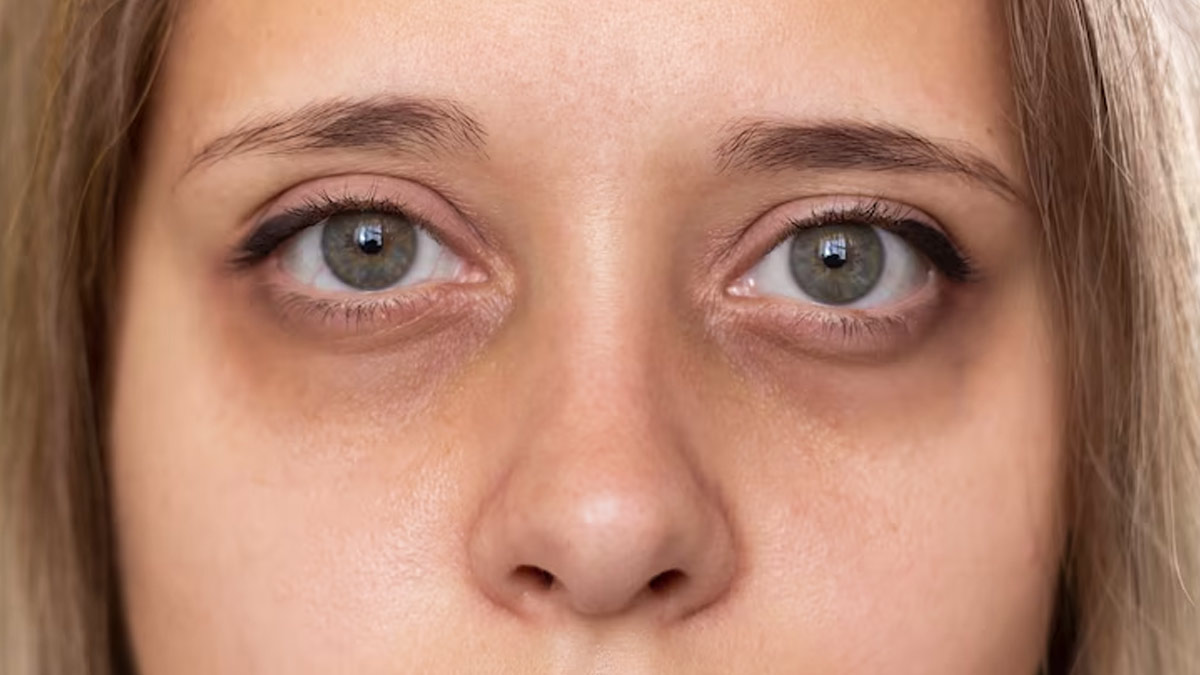
Thyroid eye disease (TED), also known as Graves’ Orbitopathy or Ophthalmopathy, is a condition where inflammation affects the eye muscles, eyelids, tear glands, and fatty tissues behind the eyes. This inflammation can lead to redness, swelling, and discomfort, causing the eyes to appear bulging or staring.
What Causes TED?
TED is an autoimmune disorder, where the immune system erroneously targets the tissues around the eyes. This inflammation can occur in individuals with an overactive, underactive, or normally functioning thyroid. Typically associated with Graves’ disease, which affects the thyroid, TED demands attention from both eye specialists (ophthalmologists) and thyroid specialists (endocrinologists).
Who Is at Risk?
Approximately one-fourth of people with Graves’ disease develop TED, and smoking significantly increases the risk. Non-smokers and ex-smokers have a lower chance of developing TED, while heavy smokers face an eightfold increased risk compared to non-smokers.
Recognizing TED Symptoms
If you experience changes in your eyes’ appearance, excessive dryness, watery eyes, or discomfort in bright lights, it’s essential to consult a doctor. Other symptoms may include swelling in the upper or lower eyelids, new bags under the eyes, redness, blurred or double vision, eye pain, and difficulty moving the eyes.
TED vs. Other Eye Conditions
Distinguishing TED from other eye conditions can be challenging. TED symptoms may occur out of season for hay fever, lack the itchiness associated with allergies, and differ from sticky eyes typical in conjunctivitis. TED might cause aches or pain when moving the eyes, especially upwards or sideways, and can lead to double vision.
Stages of TED
The stages of thyroid eye disease have two phases. The active phase, characterized by inflammation, lasts six months to two years and requires medical treatment. The stable phase follows, during which inflammation subsides, and surgical intervention may be necessary to address visible effects.
Thyroid Eye Disease Treatment
In mild cases, artificial tear drops in various forms (drops, gels, or ointments) can alleviate discomfort and protect the eyes’ surface. The use of thyroid eye disease treatment becomes crucial for symptom relief during the active phase.
While symptoms may worsen initially, they usually stabilize or improve within two years. Steroids, administered orally or intravenously, can help reduce inflammation, redness, and swelling. However, they are less effective in minimizing eye protrusion. In severe cases, steroids may be combined with immunosuppressive agents and/or radiotherapy for better control and to prevent relapse.
Surgical Interventions
Rehabilitative surgery becomes an option once inflammation subsides. Decompression surgery creates more space behind the eyes, easing pressure on the nerves and improving eye closure. Eye muscle surgery addresses persistent double vision, while eyelid surgery protects the eyes.
Other Treatment Options
In addition to surgery, prisms attached to spectacles can aid double vision, and temporary eye patches may be necessary. These interventions contribute to the overall management and improvement of TED symptoms.
In unfortunate cases, some individuals may experience permanent changes in eye appearance or persistent double vision. However, rehabilitative surgery and other treatments aim to enhance the quality of life for those affected by TED. Some pathology labs in Kolkata like Health Care Diagnostic Clinic & Laboratory Services offer personalized health packages, catering to specific health concerns or demographic groups. These packages often provide a cost-effective way to address multiple health aspects in a single visit. Inquire about personalized health packages when exploring lab options.
In conclusion, recognizing TED symptoms, seeking prompt medical attention, and adhering to a comprehensive treatment plan are vital for managing this autoimmune condition. While TED may pose challenges, advancements in medical interventions offer hope for relief and improved long-term outcomes. If you suspect TED or experience any related symptoms, consult with your healthcare provider to determine the most suitable course of action.


